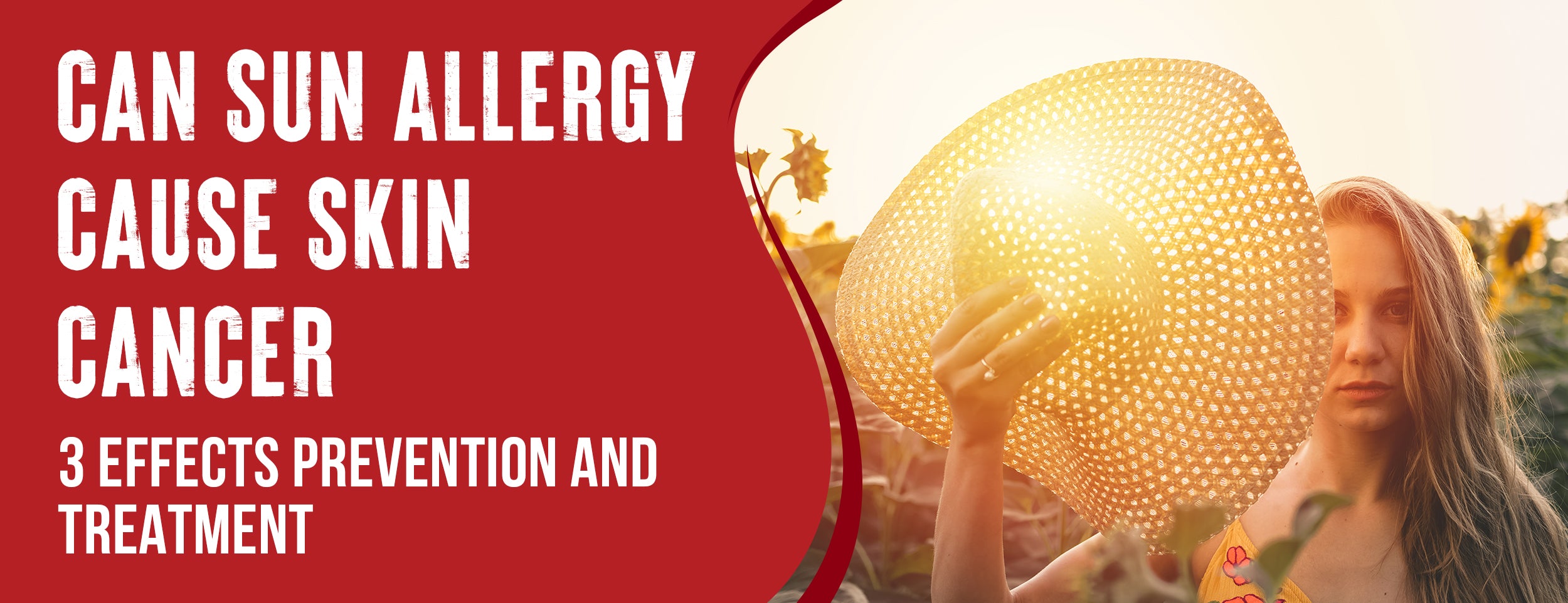Allergies to the skin occur when the immune system attacks a usually harmless substance, leading to symptoms like rash, itching, burning, redness, allergic urticaria (hives), and angioedema (swelling). Various allergens can trigger these reactions.
Allergic reactions to body wash can be itching, redness, swelling, blisters, hives, and burning skin. Other signs include mild swelling, scaly patches, sun sensitivity, bumps, and discomfort. Consult a physician if you experience these symptoms.
In this post, we will explore how our bodies respond to allergens. Specifically, we will delve into identifying the causes, managing the symptoms, treatment options, and preventive measures for dealing with a body wash allergy.
Allergic Reaction To Body Wash Symptoms: 5 Signs
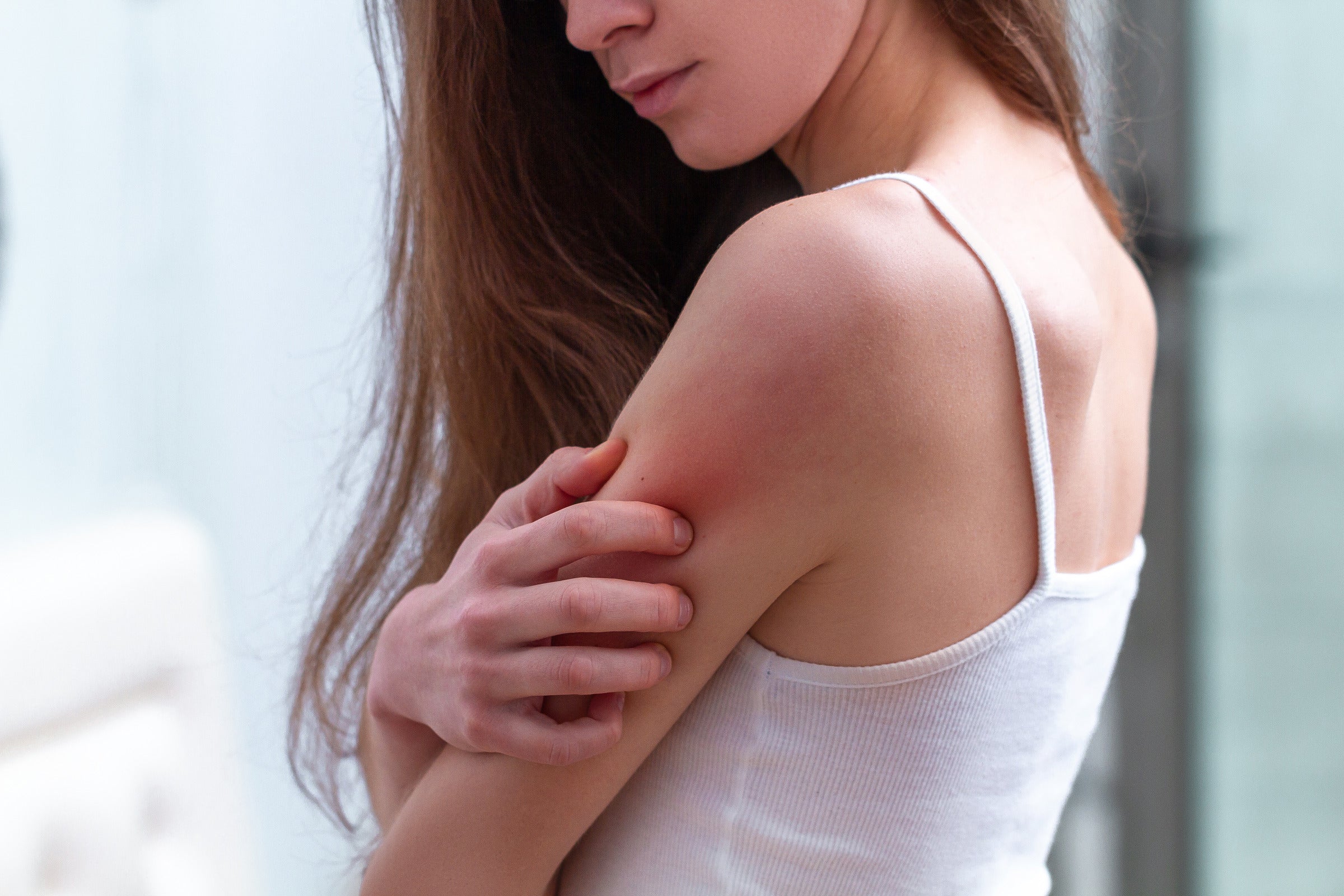
To manage allergies effectively, quickly identifying possible symptoms is vital. This is especially important for reactions caused by body wash products. Let's look at common signs and timing of symptoms post-exposure to allergens. This awareness helps recognize and address allergic reactions promptly.
Common Signs of an Allergic Reaction
Skin allergies can manifest as redness, itching, swelling, rashes, or blisters. Recognizing these signs promptly is crucial to address allergies. If you experience these symptoms, stop using the body wash and seek medical advice.
- Redness or rash on the skin.
- Itching or burning sensation.
- Swelling in the area where the body wash was applied.
- Blisters or hives.
- Dry, flaky skin.
Everyone's body reacts differently to allergens, so you might also experience other symptoms.
Specific Symptoms Associated with Body Wash Allergies
For body wash allergies, there are a few specific symptoms to watch out for:
- Contact Dermatitis: This red, itchy rash may develop upon contact with the body wash on your skin.
- Delayed Hypersensitivity: Symptoms may not appear immediately but can develop hours or days after exposure.

Symptoms and When They Appear
The timing of symptoms can vary. Some people might notice symptoms immediately, while others might not see any signs until a few hours or even a few days later.
- Immediate reactions can occur within minutes of exposure.
- Delayed reactions can take up to 48-72 hours to appear.
If you notice these symptoms after using a body wash, you must stop using the product and consult a healthcare professional. They can help determine if you're experiencing an allergic reaction and guide you on the best course of action.
Allergic Reaction To Body Wash: Causes
With body wash, not all ingredients are skin-friendly. Some can trigger allergies, causing discomfort and irritation. Let's uncover the common culprits and understand the role of fragrances in allergic reactions.
Common Allergenic Ingredients in Body Wash
While body washes can contain many ingredients, a few commonly cause allergic reactions:
- Parabens: These are preservatives used to prevent bacteria growth. Some people are allergic to them, and they can irritate their skin.
- Sulfates: Often used for their foaming properties, sulfates strip the skin's natural oils, causing irritation and dryness.
- Synthetic Dyes: Used to color the body wash, these may cause allergies.
Role of Fragrance in Allergic Reactions
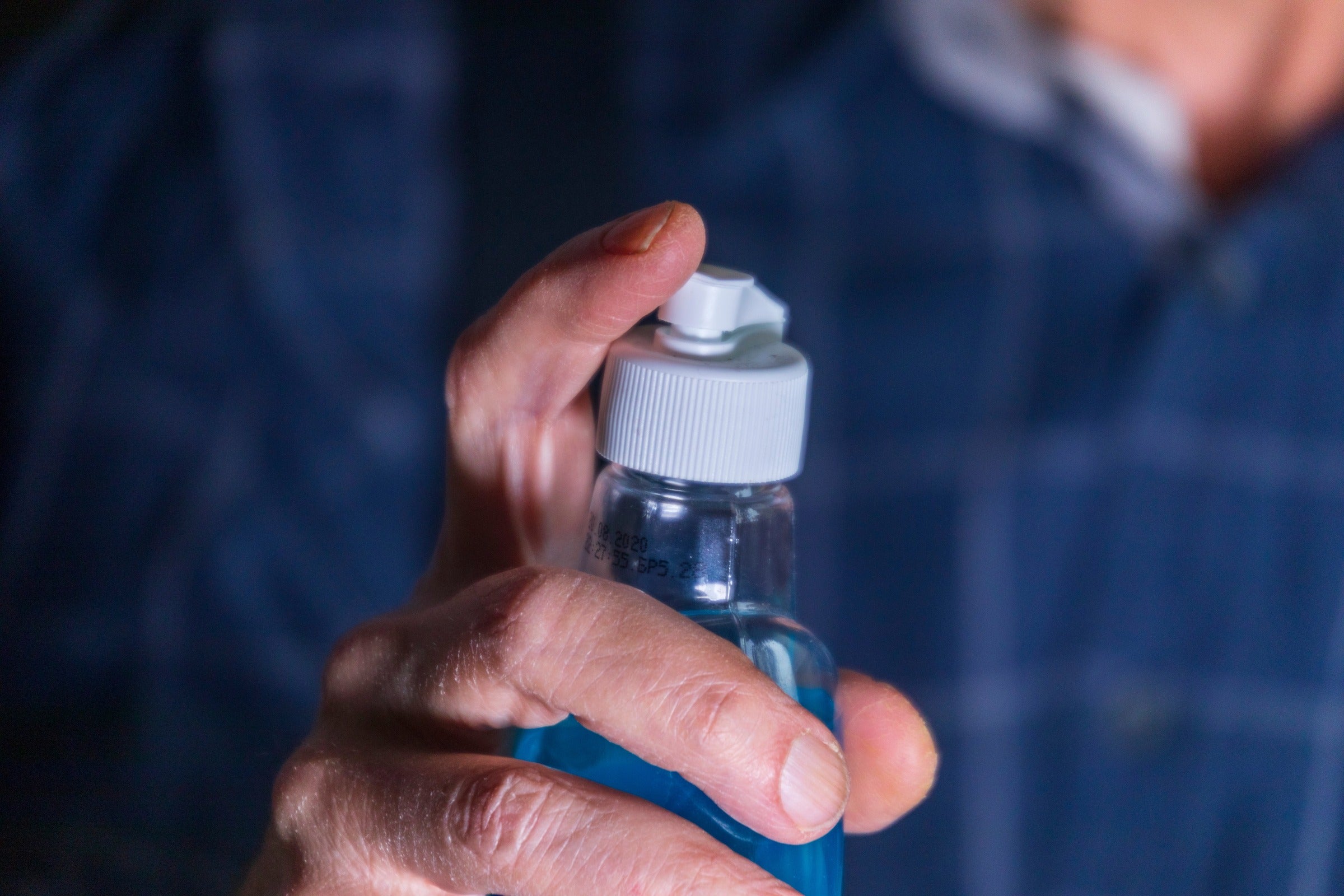
Many body washes are scented to provide a pleasant bathing experience. However, fragrances are among the top five allergens in the world. Here's why:
- Fragrances often contain many ingredients, some of which can be allergenic.
- Even "unscented" products can contain masking fragrances, which can cause allergic reactions.

Identifying Allergic Reactions to Body Wash: 6 Diagnosis
Understanding the process and expected reactions is vital when diagnosing body wash allergies. With this knowledge, individuals can navigate identification and management effectively. Recognize symptoms, consult a healthcare provider for diagnosis, and follow treatment recommendations to recover and prevent future incidents.
How is an allergy to Body Wash Diagnosed?
The first step in diagnosing an allergy to body wash is to visit a healthcare professional. You will be asked about your symptoms, examined, and possibly have tests conducted. The critical factors in diagnosis include:
- Medical History: Your healthcare provider will inquire about your symptoms, duration, and potential patterns. For instance, are the symptoms triggered specifically after bathing or showering? This might suggest an allergic reaction.
- Physical Examination: A close examination of your skin can provide clues. An allergic reaction often presents as a rash, itching, or redness in areas exposed to the body wash.
- Product Review: You may be asked to bring the suspected body wash for review. The list of ingredients can help the doctor identify possible allergens.
Role of Patch Testing in Diagnosis
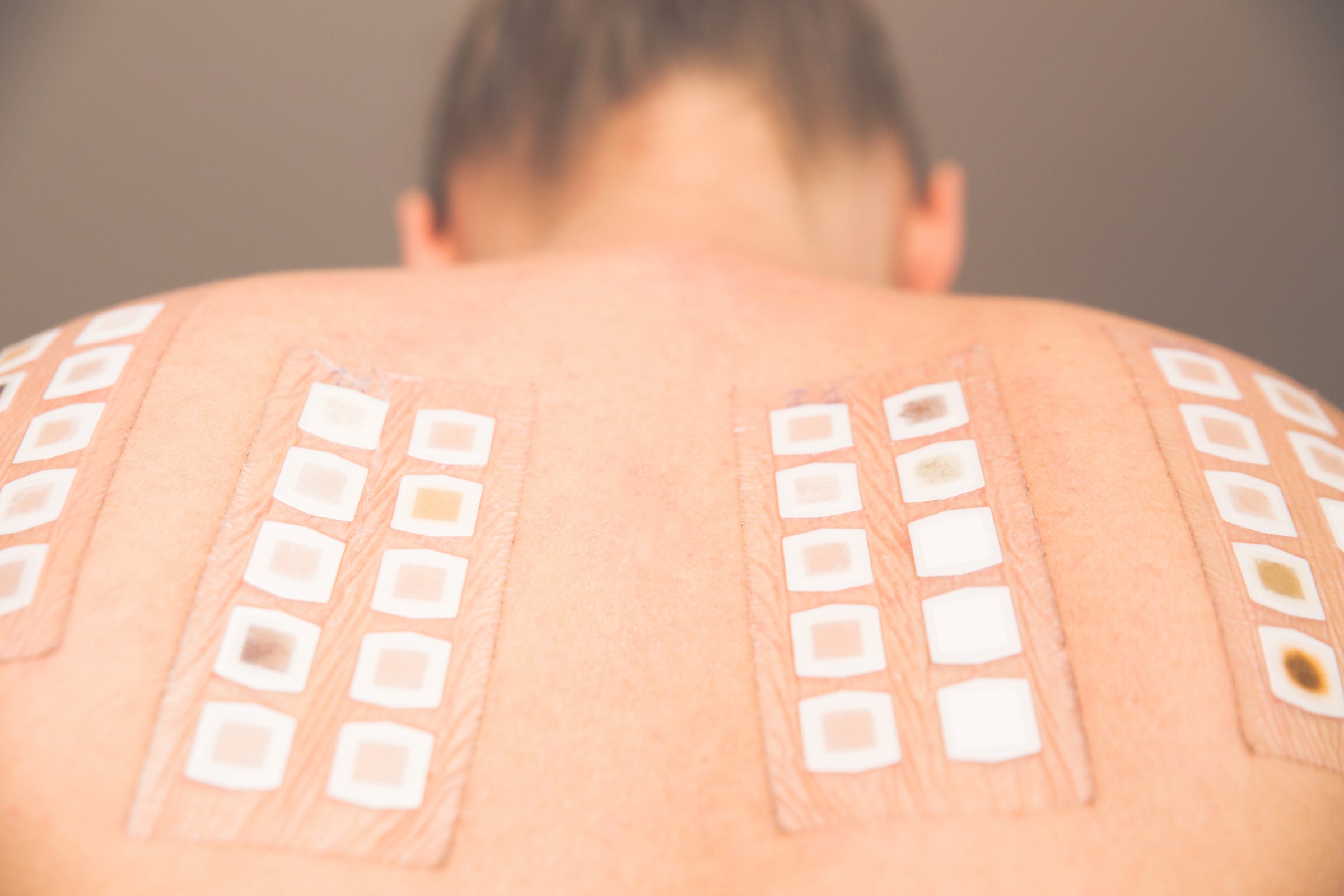
Patch testing is a standard method for identifying specific allergens causing skin reactions. Here's how it works:
- Application: Small amounts of potential allergens, including a sample of your body wash, apply to patches. These are then placed on your skin.
- Observation: Over 48 hours, your skin is observed for reactions.
- Interpretation: After removing the patches, the doctor will examine your skin again. Any redness, swelling, or itching at the patch sites could show an allergy.
Navigating a Body Wash Allergy: 7 Management and Treatment
Knowing how to manage and treat allergic reactions to body wash is crucial for your comfort and health. Allergies can lead to redness, itching, or hives, affecting your daily routine. By understanding ingredients and your skin's reactions, you can prevent issues. Prioritize skin health for a worry-free cleansing experience.

First Aid Steps
If you experience an allergic reaction after using a body wash, follow these first aid steps:
- Avoid Use of the Products: Stop using any suspicious body wash immediately.
- Rinse Off: Thoroughly rinse your skin with cool water to remove any remaining product.
- Soothe the Skin: Apply a gentle lotion or aloe vera to soothe irritation. Avoid products with fragrances or dyes, as they can further irritate your skin.
- Over-the-counter Medication: Antihistamines can help reduce itching and redness. Always follow the instructions on the package.
- Seek Medical Attention: Contact your doctor immediately if symptoms persist or worsen.
The Medical Treatments
Medical treatments may be required for severe symptoms or those that persist despite self-care efforts. These treatments may encompass:
- Prescription Medication: Your doctor may prescribe more potent antihistamines or corticosteroids to control inflammation and itching.
- Allergy Shots: In some cases, immunotherapy (allergy shots) can reduce allergen sensitivity.
Staying Clear of Allergic Reactions to Body Wash: 10 Prevention
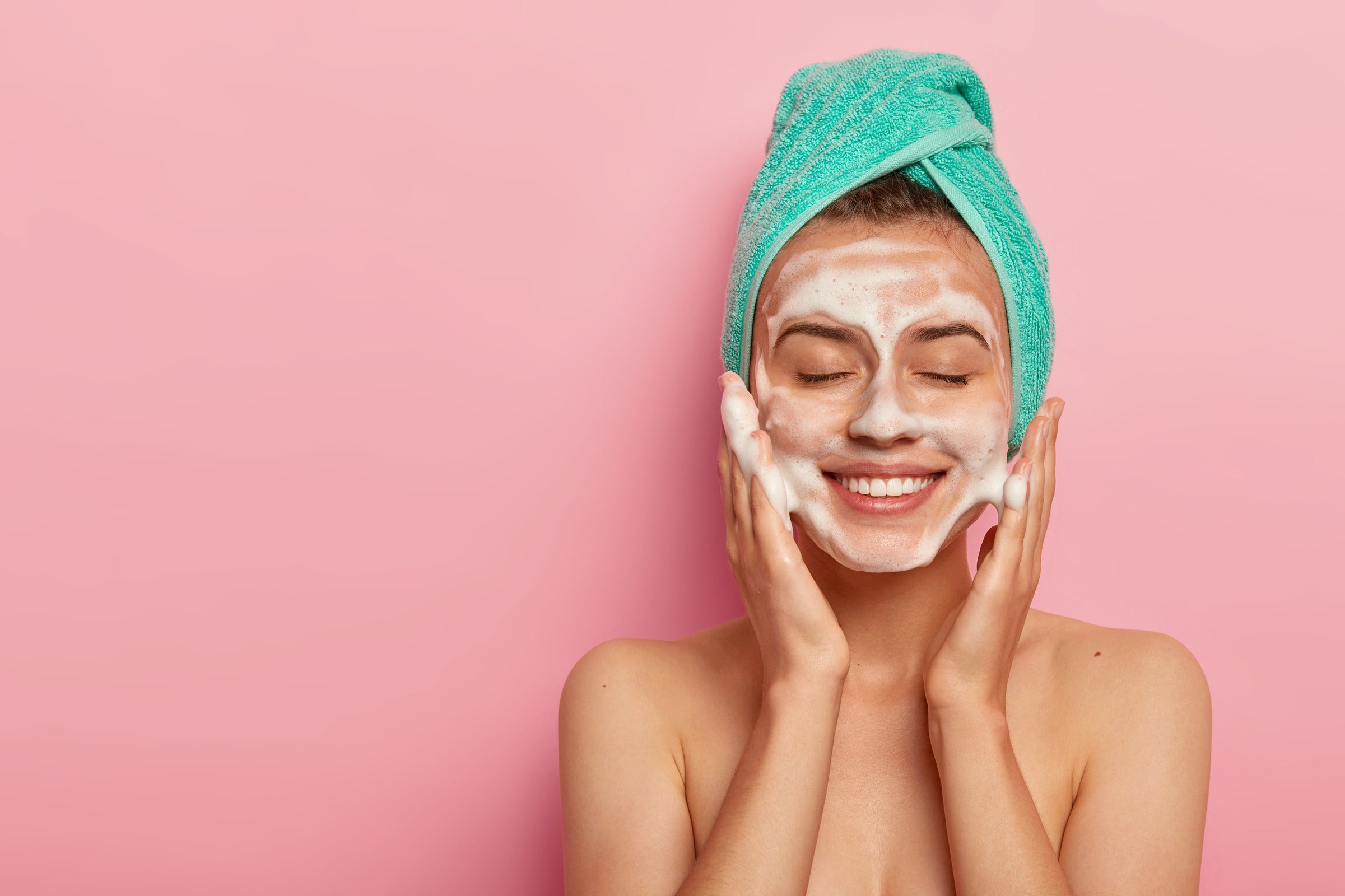
Ensuring a pleasant skincare routine involves avoiding allergic reactions caused by body wash. Explore how basic preventive steps can help avoid skin irritations and promote health. Uncover successful methods to prevent allergies and relish a stress-free shower experience.
Choosing Hypoallergenic Body Washes
One of the easiest ways to avoid an allergic reaction is by choosing hypoallergenic body washes. These are specially designed to be gentle on your skin:
- Check Labels: Look for body washes labeled 'hypoallergenic' or 'for sensitive skin.' These products are usually free from common allergens.
- Avoid Fragrances and Dyes: These ingredients can often irritate. Opt for fragrance-free and dye-free products.
- Consider Natural Products: Body washes made with natural ingredients may be less likely to cause an allergic reaction. But remember, even natural ingredients can cause allergies in some people.

Keeping a Skin Diary
A skin diary can be a helpful tool for identifying triggers and preventing future allergic reactions:
- Record Products: Write the names of all the skincare products you use.
- Note Reactions: If you react, note it in your diary. Include details like the symptoms, their severity, and how long they lasted.
- Track Patterns: Over time, you may see patterns that can help identify which products or ingredients cause your reactions.
When to Seek Medical Help?
While mild allergic reactions can often be managed at home, sometimes you should seek medical help:
- Severe Reactions: If you experience severe symptoms such as difficulty breathing, swollen face or throat, or intense itching, seek immediate medical help.
- Persistent Symptoms: If your symptoms persist even after stopping the use of the suspected body wash, consult a healthcare professional.
- Unclear Cause: If you're unsure what's causing your allergic reaction, it's best to see a doctor. Specific allergens can be identified through tests.
Conclusion
Understanding and effectively managing body wash allergies is vital for promoting and preserving healthy skin. It involves identifying the triggers, implementing appropriate treatment, and focusing on prevention.
By embracing safe skincare practices, you can wave goodbye to itchy, irritated skin and welcome refreshing, clean, and allergy-free showers. Reclaim mastery over your skin health today so that you can feel confident about how your skin looks and feels.

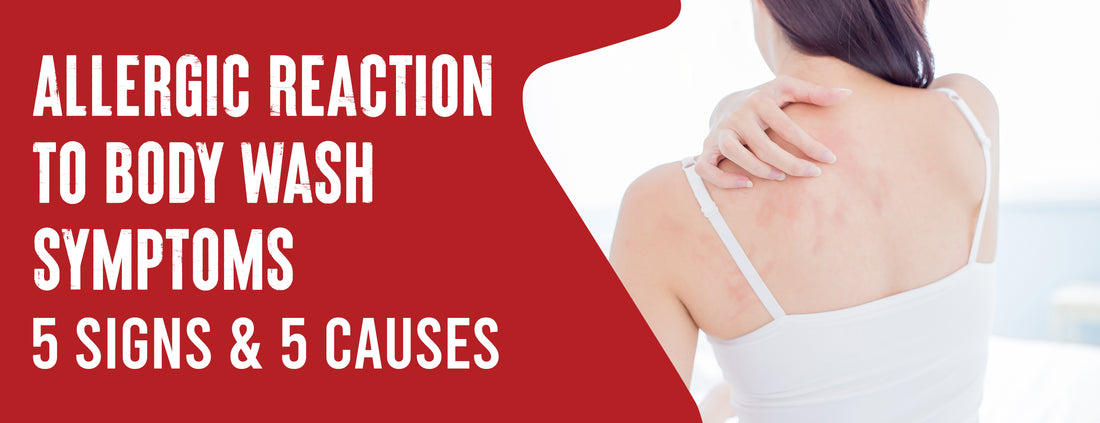








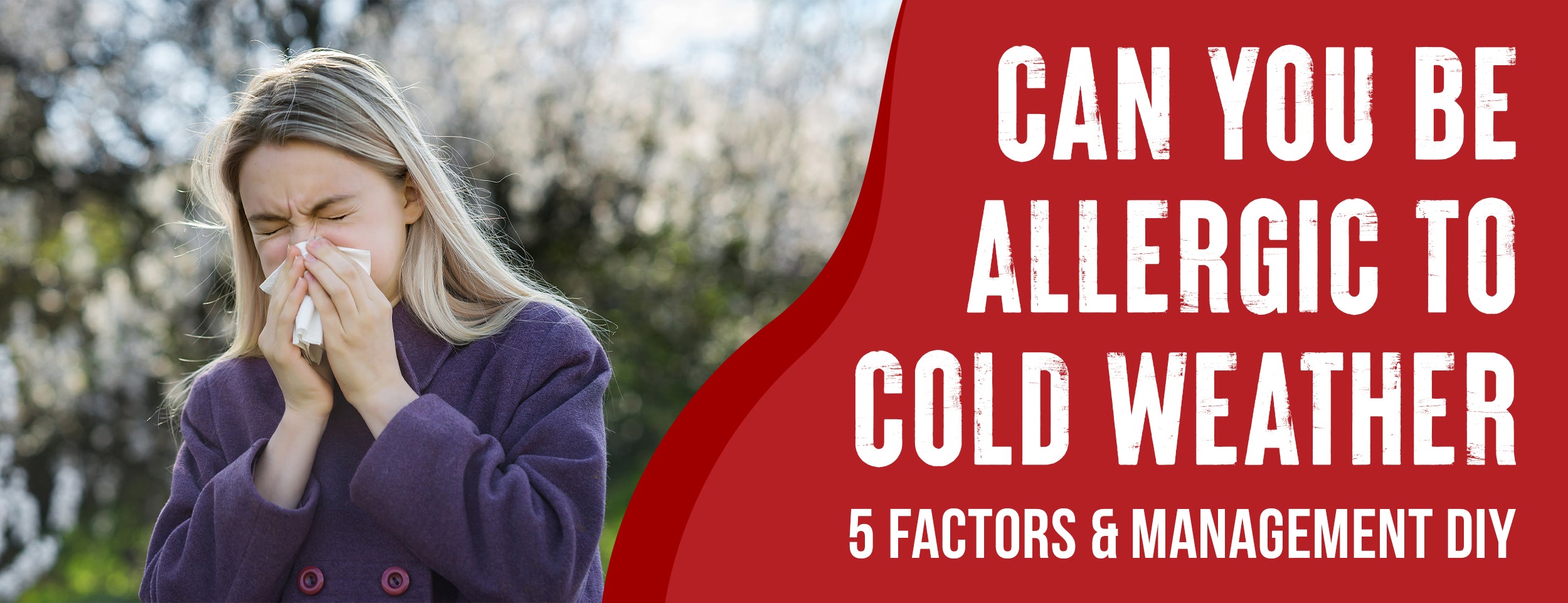

![The Most Common Food Allergies That Cause Itchy Skin [6 Common Symptoms]](http://drnumb.com/cdn/shop/articles/Can_Food_Allergies_Cause_Itchy_Skin__17_Listed_6_Symptoms_Common.jpg?v=1714999986)
